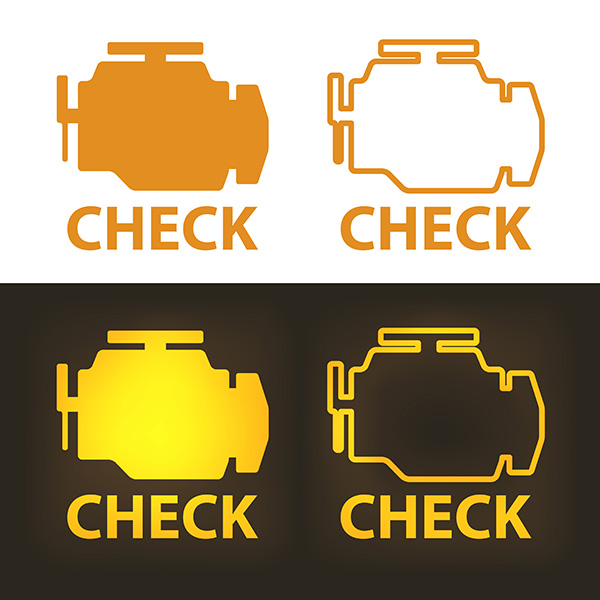
The check engine light is like the ghost of your car’s problems—mysterious and often frustrating when it appears. Instead of being an ambiguous warning, it's your car's way of indicating that something is wrong. Whether you’re driving around Centennial, CO, or planning a road trip, understanding what triggers this little light can save you from unexpected breakdowns and costly repairs
Common Causes of the Check Engine Light
Your check engine light doesn’t just come on to scare you; it’s a built-in diagnostic system meant to alert you to specific issues. While some of these are minor and easy to fix, others require immediate attention.
Faulty Oxygen Sensor
The oxygen sensor monitors the amount of unburned oxygen in your car’s exhaust and helps regulate the air-fuel mixture. If this sensor goes bad, it can affect your engine’s efficiency and increase emissions, leading to the light coming on. Ignoring a faulty oxygen sensor can even harm your catalytic converter over time, making this a repair you don’t want to delay.
Worn-Out Spark Plugs or Ignition Coils
Spark plugs and ignition coils play a crucial role in powering your car by igniting the fuel-air mixture in your engine. Over time, spark plugs can wear out, and ignition coils may fail, resulting in engine misfires. When this happens, the check engine light is often your first indicator. While these issues might not stop your car from running, they can lead to reduced performance and fuel efficiency if left unchecked.
Catalytic Converter Issues
The catalytic converter is a vital part of your car’s emission system. It converts harmful gasses into less toxic substances before they exit your exhaust. If your catalytic converter isn’t working correctly, it can trigger the check engine light and significantly impact your vehicle’s performance. Regular maintenance, such as replacing oxygen sensors and fixing misfires promptly, can help prevent catalytic converter problems.
What Should You Do When the Check Engine Light Comes On
So, your check engine light has popped up. Now what? First, don’t panic. While the light can indicate serious problems, it often signals issues that can be resolved with a bit of professional attention.
If the light is steady, it usually means there’s a problem that needs fixing soon, but it’s not an emergency. If it’s flashing, however, you should pull over and get your car checked immediately—this often means a severe issue that could damage your engine.
Using an OBD-II scanner, you can read the error code behind the light and determine what’s wrong. However, it’s always a good idea to have a professional diagnose and fix the issue.
Prevention Tips to Avoid a Check Engine Light
While some problems are unavoidable, regular maintenance can help keep that pesky light from coming on. Routine services like oil changes, spark plug replacements, and emissions testing ensure your car stays in good shape. Pay attention to small issues, such as unusual noises or reduced performance, as these could be early signs of a bigger problem.
Don’t let a check engine light ruin your day. Bring your car to Elite Imports & Auto Repair in Centennial, CO, for professional care and peace of mind. We’ll pinpoint the problem and provide top-notch service you can trust!